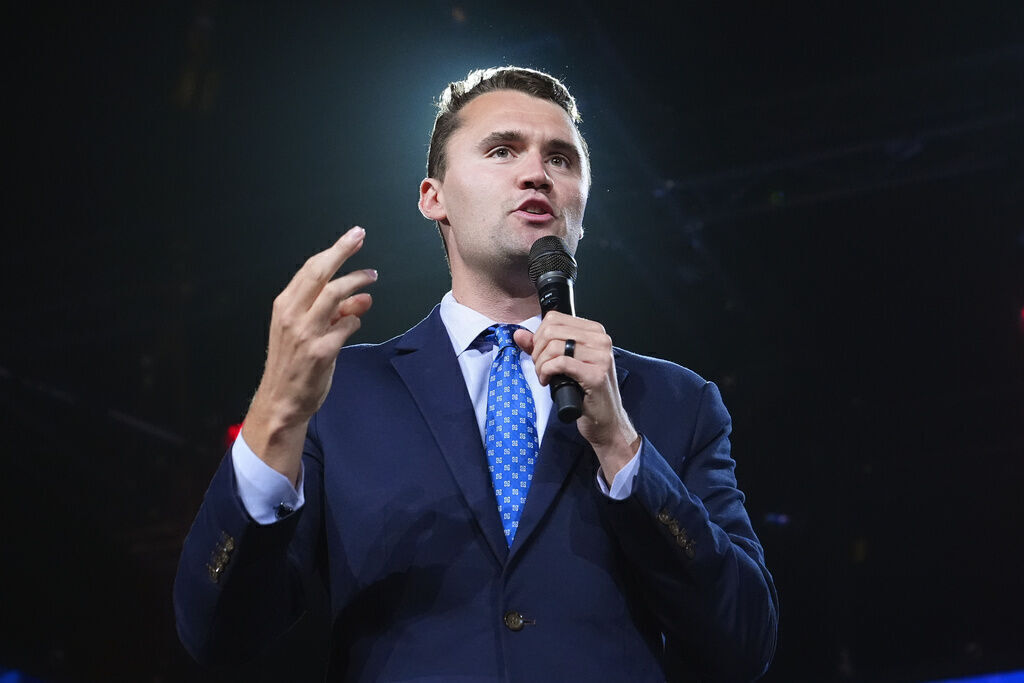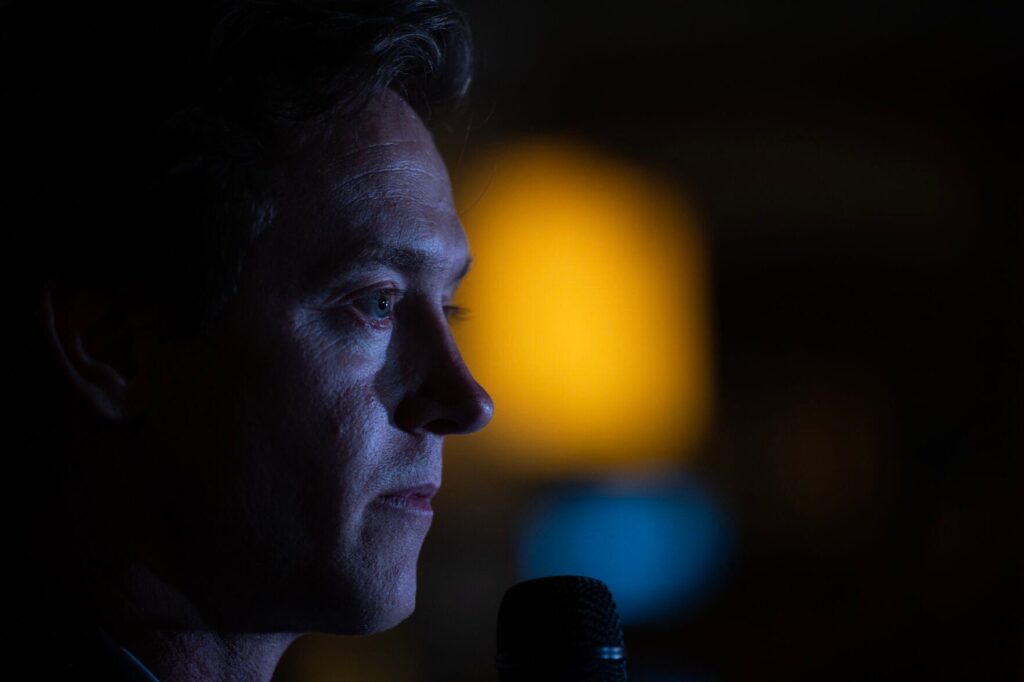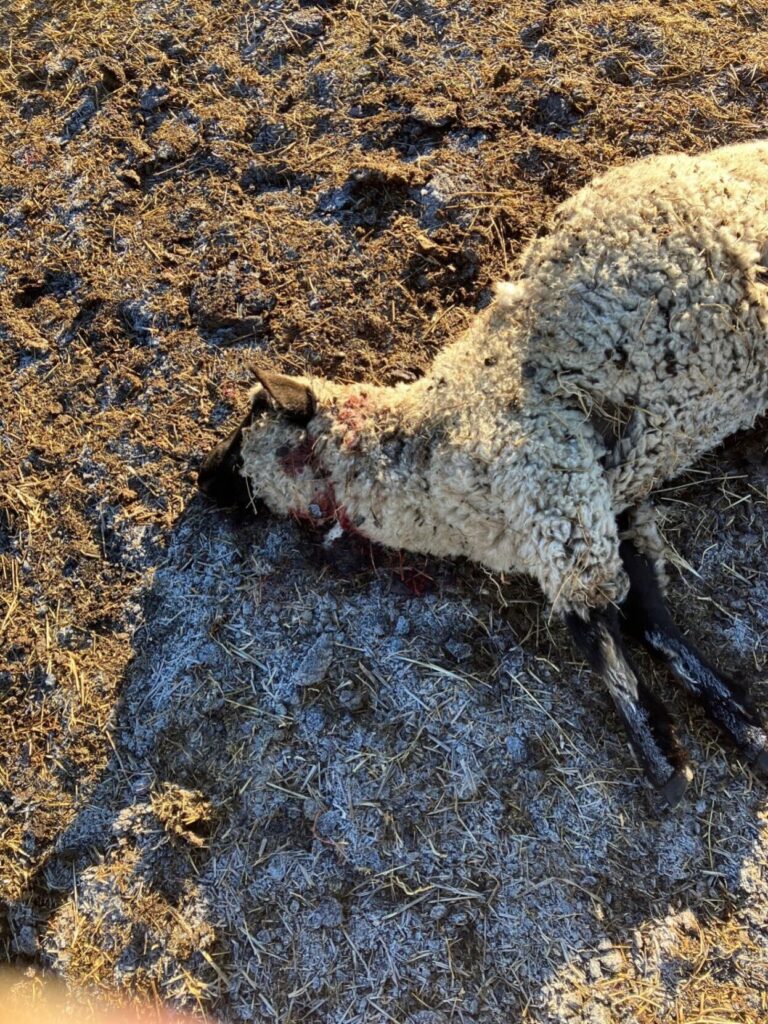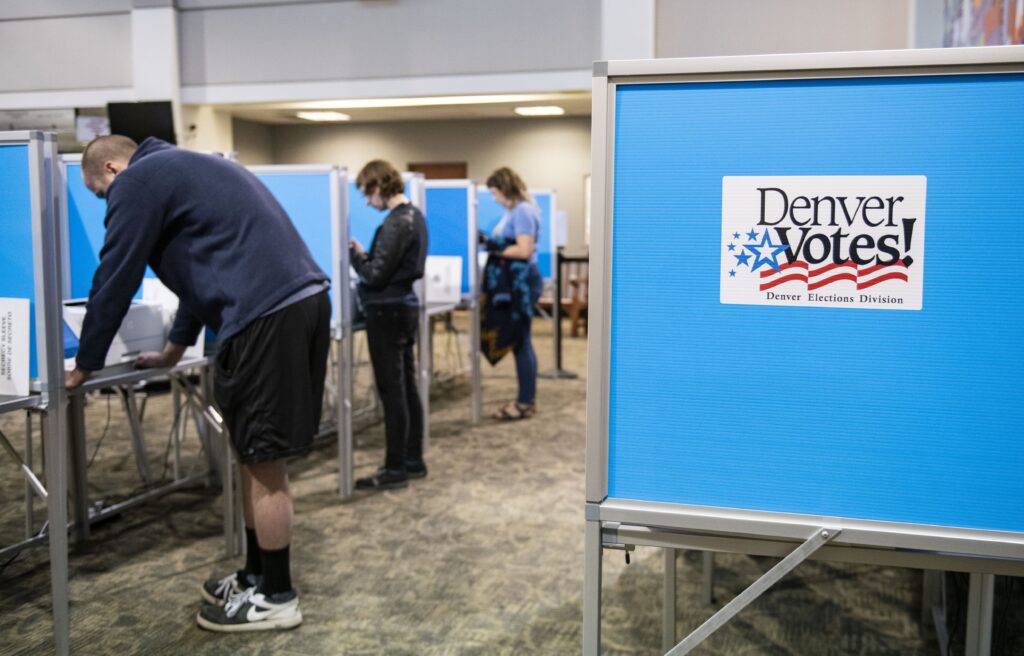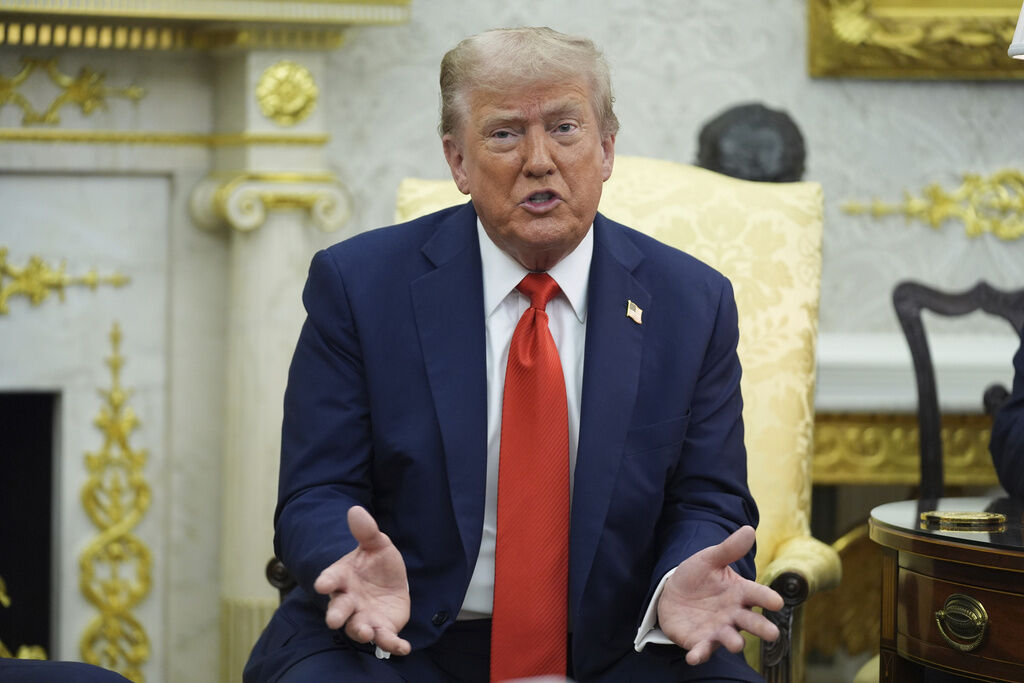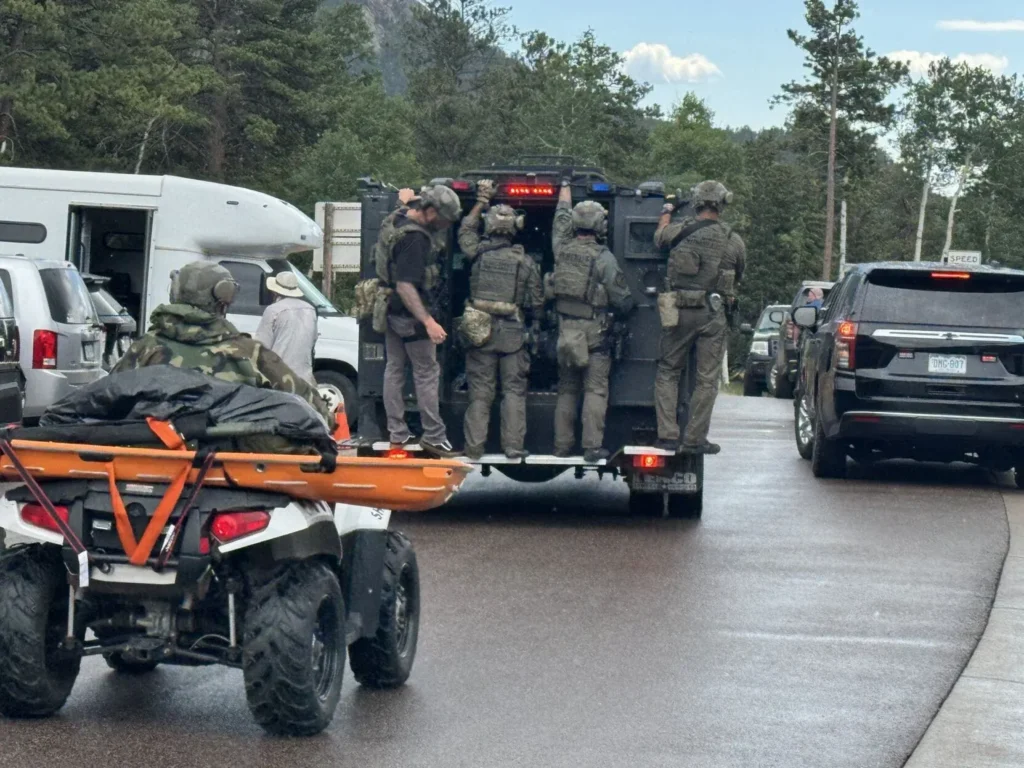Q&A with Lois Tochtrop: ‘Vote your district; don’t lie, and remember who brought you to the dance’
Most politicians hope to come across as ordinary folk. Fairly few succeed. Lois Tochtrop – a now-retired, long-serving member of Colorado’s General Assembly from Thornton – never really had to try. It always seemed to come naturally to her.
The horseback-and-Harley-riding former nurse served in the state House and then the Senate from 1999 through 2014. Ask just about anyone who was there with her, and they’ll tell you the no-fuss, plain-spoken, independent-voting Democrat was the mirror image of her hard-working, largely blue-collar Adams County constituency. Hence, her positions on issues that offered members of both parties something to like. Known as a maverick in her party caucus, she has a libertarian streak that has meant support for the right to arms and opposition to the likes of motorcycle helmet laws and smoking bans. Yet, the labor Democrat in her has been reliably pro-union, and she’s pro-choice. At 75, she has moved on from elective office; she doesn’t ride motorcycles anymore, either, due to a bad knee. Yet, she remains very engaged in other ways. We catch up with her in today’s Q&A.
Colorado Politics: What’s your level of involvement in politics or policy making these days?
Lois Tochtrop: Since I was term-limited in 2014, I’ve no longer been involved in politics. I am the vice president of the Colorado Horse Council and am working on legislation to increase fees when a special license plate is renewed. The Horse Development Authority has a special license plate for horse activists and others interested in equine-related activities. A portion of the money goes to the Colorado Horse Council, which is a nonprofit organization. The proposed legislation will be broad to include all nonprofits that rely in part on income derived from the sale of special plates. Hopefully, they will get “on board” to support the legislation, and would have a broad base to help lobby. I am aware this is a fee increase but obtaining special plates is voluntary.
CP: You served in the House and then the Senate for some 15 years. What were the biggest changes you experienced in your lengthy tenure in the General Assembly?
Tochtrop: I was elected to the House in 1998 and served three terms. In 2004, I was appointed to fill the vacancy in Senate District 24. Because the previous senator served more than 50 percent of the term, I was able to serve for 10 years, elected in 2006 and 2010. When I began my tenure in the House, the majority of the members were moderate, and both sides were able to work together to get good legislation passed for the state. With each election cycle, both parties shifted from the middle to either the right or the left. Consequently, there was much more partisan infighting. In either 2012 or 2013, the Denver Post ran an article that stated out of 100 members of the General Assembly, there were only give who were considered moderate. This shift of both parties is not good for the state as most voters are registered unaffiliated. Hopefully, last year’s ballot initiatives, giving unaffiliated voters more power in the in the primaries, will bring the state back to the middle. Activists from the parties are unhappy with the changes. It takes power away from the parties, and in my opinion gives it to the people, where it belongs.
CP: You have been viewed as something of a maverick among Democrats. You co-chaired the Legislative Sportsman’s Caucus and got good ratings from groups that advocate for outdoor recreation and the rights to arms – not typical for elected Colorado Democrats. You’ve challenged Xcel Energy on its plans for implementing new, greener air standards, and you’ve been a skeptic of the move toward ever more restrictions on tobacco use among adults – also not entirely in sync with your party. How would you characterize your overall political views? Which slice of the Democratic Party’s political spectrum would you say you represent?
Tochtrop: I always said I am an Adams County Democrat as opposed to a Denver/Boulder Democrat. I am moderate with libertarian tendencies. I don’t believe government belongs in a person’s life and that includes all choices such as women’s right to determine their own health decisions and freedom to choose one’s own lifestyle. Government should give people a hand up not a hand out unless there are mitigating circumstances where it is necessary for the well-being of those who need it. When I was in the legislature, I followed the mantra of three things: vote your district; don’t lie, and remember who brought you to the dance. Apparently, it worked; I was elected once and re-elected five times.
CP: You have passionately advocated for Armenian-Americans and as a legislator, you sought commemoration of the massacre and suffering of Armenians under the old Ottoman Empire. You also have rallied to their cause in more modern conflicts following the breakup of the Soviet Union. What is the origin of your support for Armenia and its people?
Tochtrop: In 2002 one of my friends of Armenian descent asked me if I would sponsor the first Armenian resolution asking Congress to recognize the Armenian genocide in 1915. I agreed and began research on the genocide and was appalled that many people were unaware of the atrocities committed on the Armenian population by the Turkish government. Ironically that summer our youngest son met a girl from Armenia and married her. I continued to research and sponsored the resolution each year until I was term-limited in 2104. Having a relative from Armenia I met many wonderful Armenians, and now I am a member of Armenians of Colorado. In 2011 my daughter-in-law visited her family and I joined her. When I was in Armenia I visited the Armenian Genocide museum. It was very powerful, much like visiting the Holocaust museum in Washington D.C. Armenia was the first country to recognize Christianity as their official religion and their official religion is Armenian Orthodox. Turkey still refuses to recognize the genocide and anyone who brings it up is punished harshly. The Turkish government are thugs, as evidenced by their treatment of protesters in Washington, D.C., this past year.
CP: You rode a motorcycle for a long time and continued do so into your 70s. How did you get started riding?
Tochtrop: I no longer ride a motorcycle. In 2007 I developed problems in my left knee, and anyone who rides knows you have to have a flexible left leg to put down when you stop. Due to the pain and stiffness in my left leg, I opted to quit riding. It became a safety issue. I decided to learn to ride in the late ’80s, when I got tired of riding on the back of my husband’s bike, which is called riding bitch in biker parlance. I now own a horse and spend my free time riding on the beautiful trails in Colorado. Owning a bike is much cheaper than a horse; gas is much cheaper than hay, feed and boarding.
CP: What do you think is the biggest challenge facing Democrats as a party today?
Tochtrop: The Democratic party needs to get back to their roots, which is the middle-working class. During the 2016 election cycle, the national party seemed to forget there was a Middle America and not just someplace to fly over between coasts. In order to win the presidency in 2020 the Democratic party needs a candidate from Middle America.
CP: Were you as surprised as all the pundits at Donald Trump’s victory last November – even though he lost Colorado, as anticipated – or had you seen indications among some voters that they were heading in his direction?
Tochtrop: I was as surprised as many people were when Trump won. Which shows do not trust polling. The Republicans did a masterful job of demeaning Hillary starting when she was first lady. As Anne Richards, former governor of Texas once said, “politics is a contact sport,” which is unfortunate. Candidates should be considered on their ability to govern. So many of our officials are elected based on TV’s 30-second sound bites.


